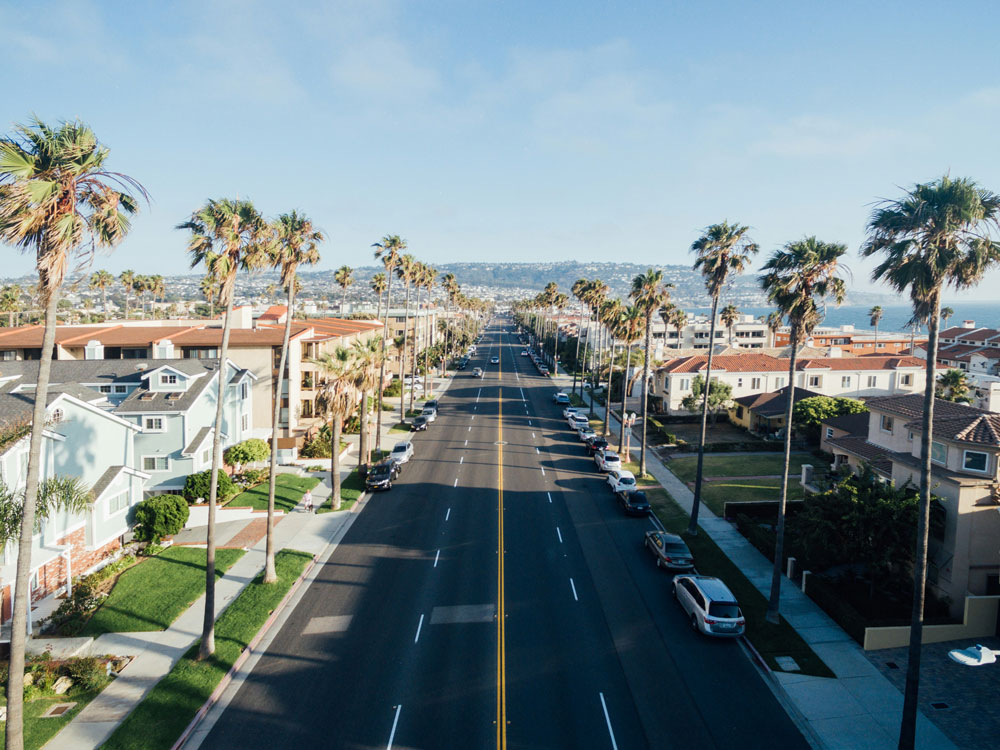
"Gambling in the United States, though popular, is a complicated issue with states granted the autonomy to set their own regulations. In many respects, this is a good thing for states where local governments and consumers are able to explore what is best for them and vote accordingly; however, it has resulted in a fragmented gambling industry across the country. Utah and Hawaii are the most restrictive states, offering absolutely no gambling markets for consumers."
"California is the largest state in the United States in terms of population, with almost 40 million residents, and has the third largest land mass of more than 155,000 square miles. The state is famous for its incredible beaches, Hollywood, Silicon Valley and countless other sites and attractions that entice more than 250 million annual visitors. This means California has the potential to become one of the States' biggest gambling revenue generators."
State-level autonomy has produced a fragmented U.S. gambling market, with extremes ranging from no legal gambling in Utah and Hawaii to broad licensed markets in Nevada and Louisiana. Online casino gambling is the most limited market, with only seven states offering licensed operations while many states explore legislative change. California's nearly 40 million residents and roughly 250 million annual visitors create significant revenue potential, but available markets are limited to charitable gaming, parimutuel gambling, lotteries, tribal casinos and racetracks. Californians lack licensed retail casinos, statewide sports betting, and online betting markets. Guidance resources exist to help bettors navigate current restrictions.
Read at San Jose Inside
Unable to calculate read time
Collection
[
|
...
]